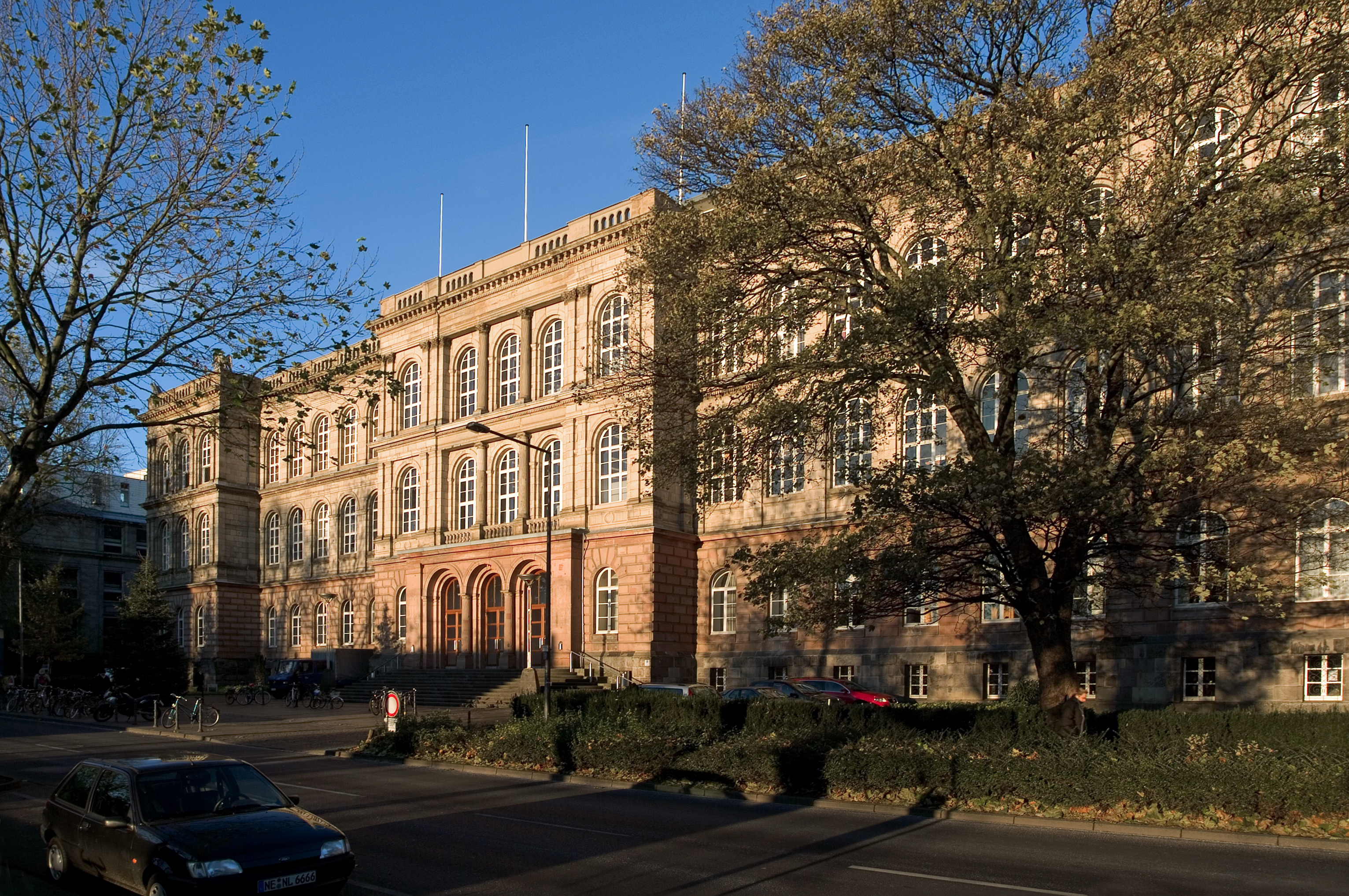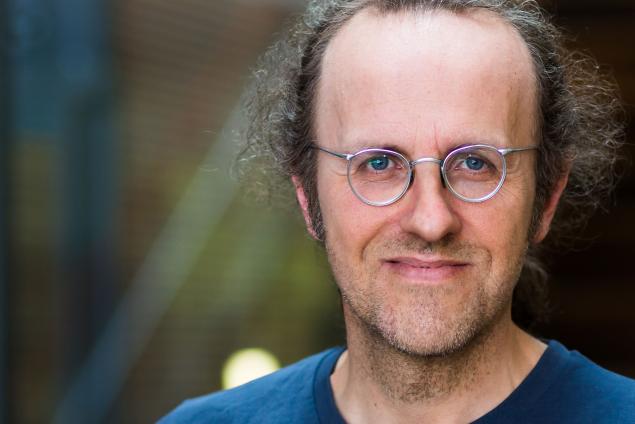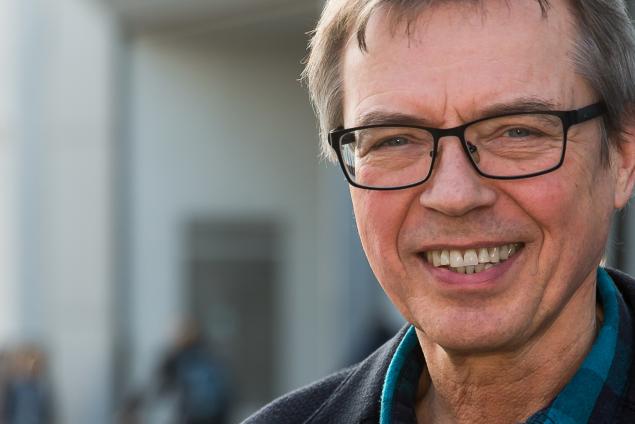Scroll to Section:
As humans react differently to chemical substances one of the challenges for public health is to establish which compounds are harmful for whom. The research project presented in this video uses crowdsourcing as part of the DREAM challenges as a method to improve research on this topic by involving the scientific community. Data on different reactions to chemical compounds were shared with scientists all over the world. They analyzed the data with different methods and every participating group described their methods and findings in detail. JULIO SAEZ-RODRIGUEZ explains how the outcomes show that the combination of all suggestions allowed for a better prediction of reactions to chemicals. In general the findings show that crowdsourcing has positive effects on science as it accelerates research, and that it is a powerful resource for computational biomedicine.
DOI:
https://doi.org/10.21036/LTPUB10186
Institution

RWTH Aachen University (Rheinisch-Westfälische Technische Hochschule Aachen)
"With its 260 institutes in nine faculties, RWTH Aachen is among the leading European scientific and research institutions."
"The Excellence Initiative of the German federal and state governments provided a huge boost to the further development of RWTH Aachen University. The institutional strategy on which the successful Excellence Initiative application was based has, in the meantime, been expanded to form a long-term strategy to strengthen all the areas of the University and enhance their profiles. In the process it has gained great momentum, which can be seen, among other things, in the extensive building activities. Visible evidence of this is the RWTH Aachen Campus that is being developed in close cooperation with industry and which is to form one of the largest research campuses in Europe. Students and employees of RWTH Aachen will benefit equally from these developments and are expressly invited to get involved in shaping the individual initiatives."
"RWTH Aachen has set for itself clearly defined goals. By the year 2020, it aims to be the best German University of technology and one of the top five in Europe as measured by academic output, by the quality of its graduates, and by external funding." ( Source )
Show more
Original publication
Prediction of Human Population Responses to Toxic Compounds by a Collaborative Competition
Nature Biotechnology
Published in 2015
Reading recommendations
Modeling Signaling Networks to Advance New Cancer Therapies
Annual Review of Biomedical Engineering
Published in 2015
Quantitative and Systems Pharmacology in the Post-Genomic Era: New Approaches to Discovering Drugs and Understanding Therapeutic Mechanisms
NIH White Paper by the QSP Workshop Group
Published in 2011
Beyond
A Ground-breaking Scientific Revolution
An Alarming Challenge for Society
If I Had a Second Life
A Personal Reading Recommendation




